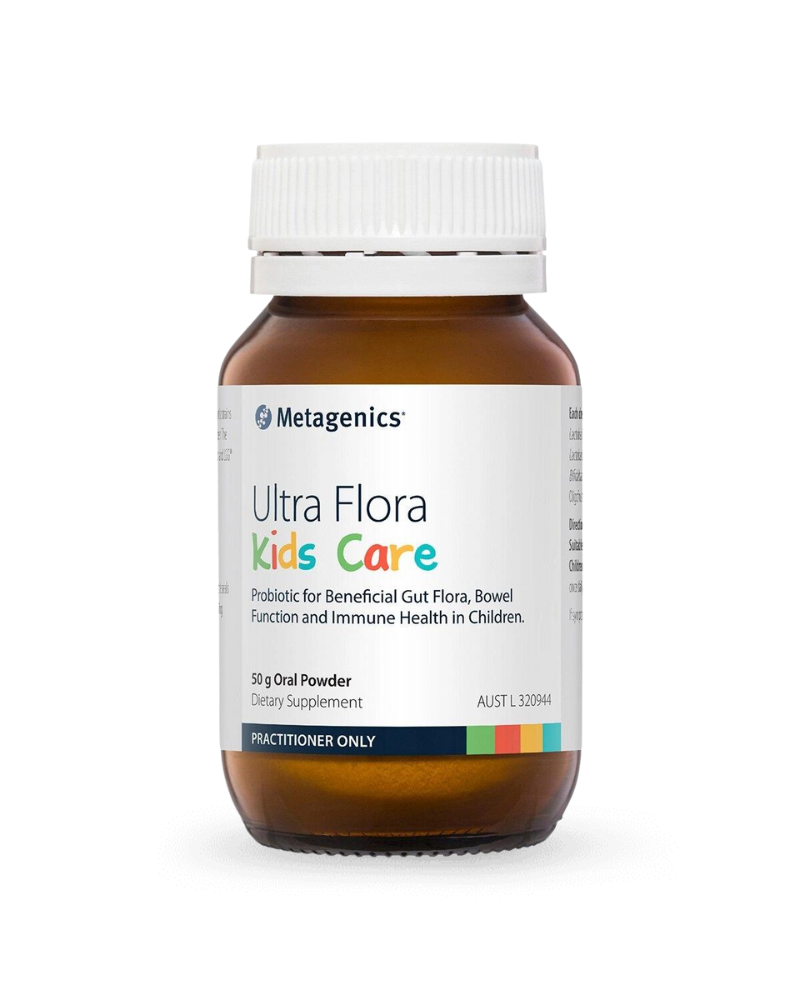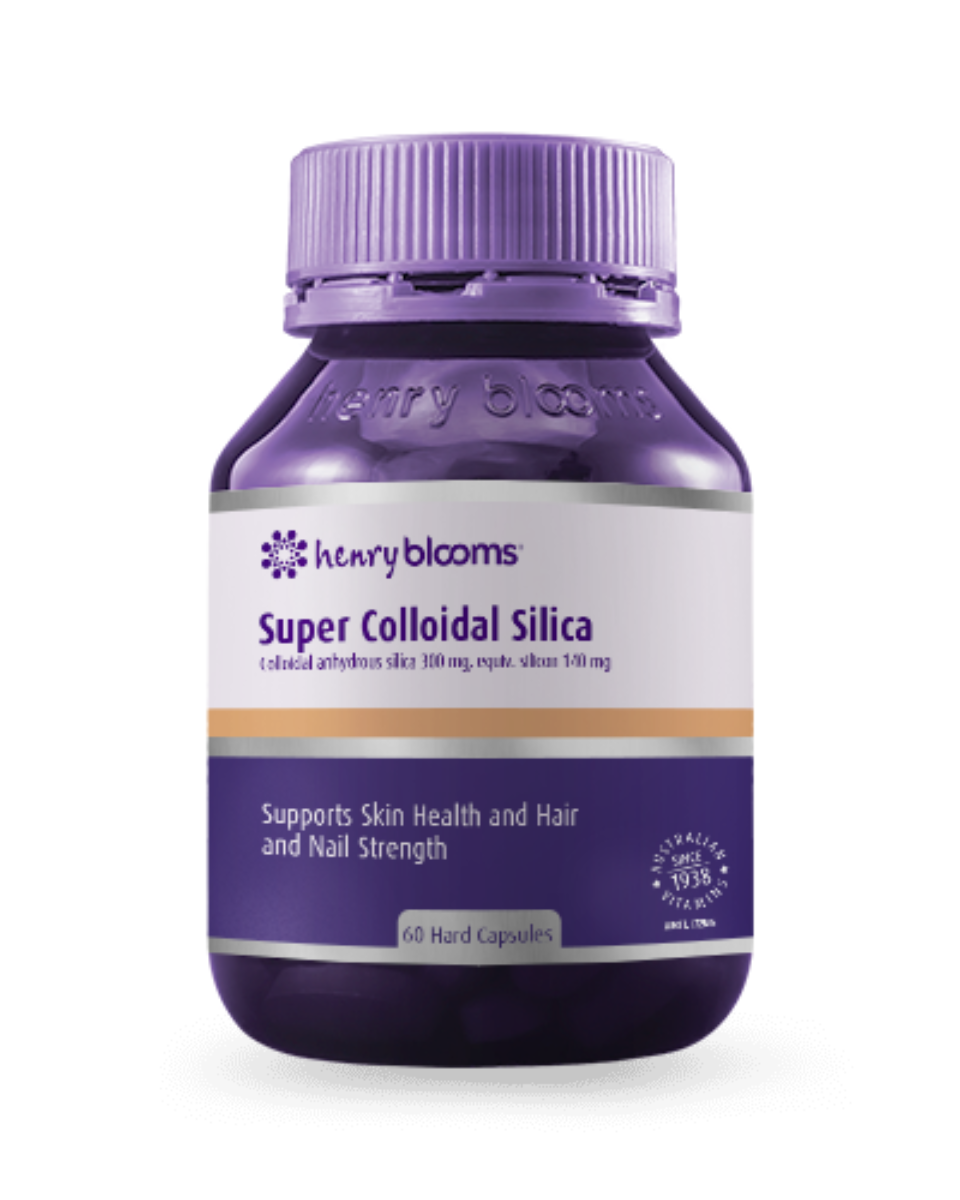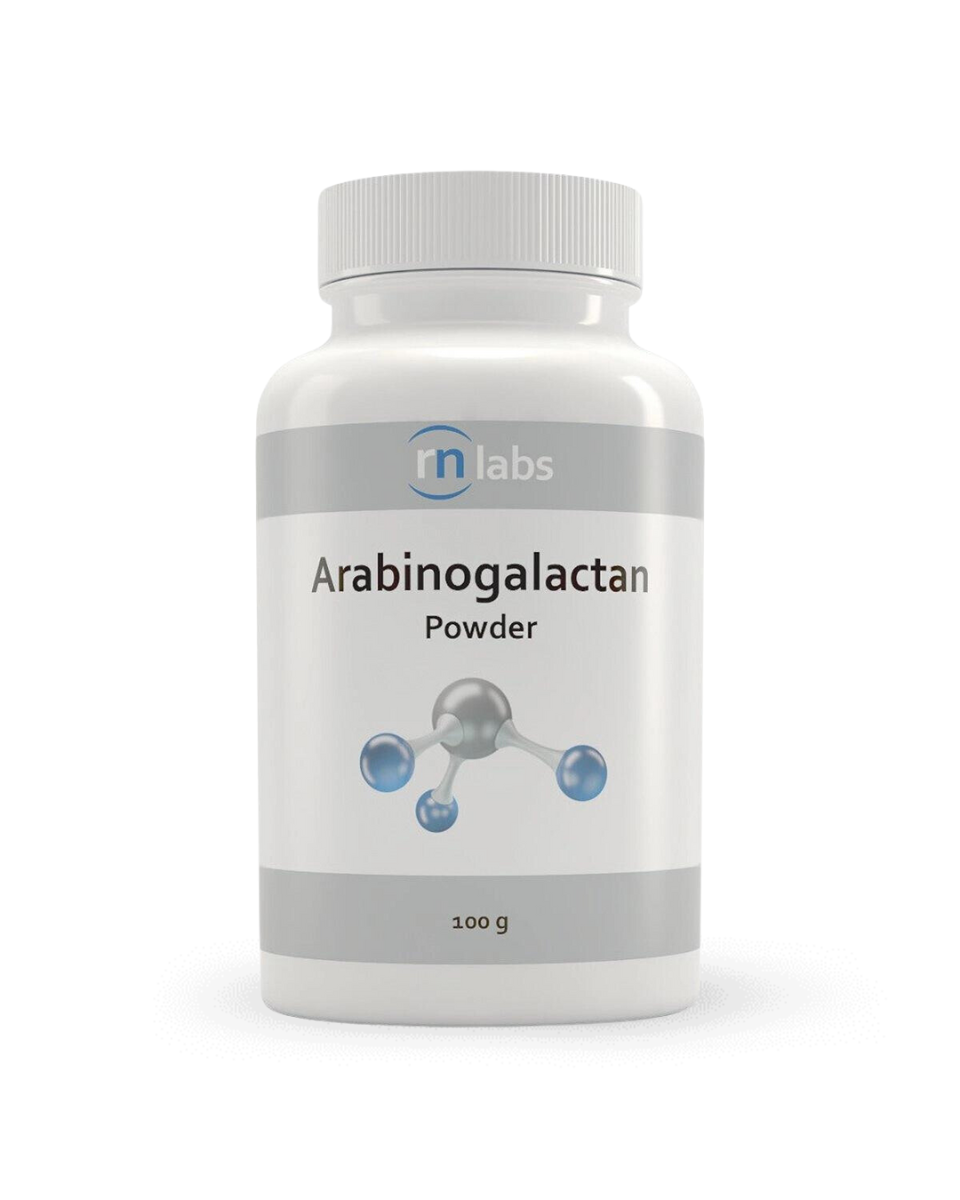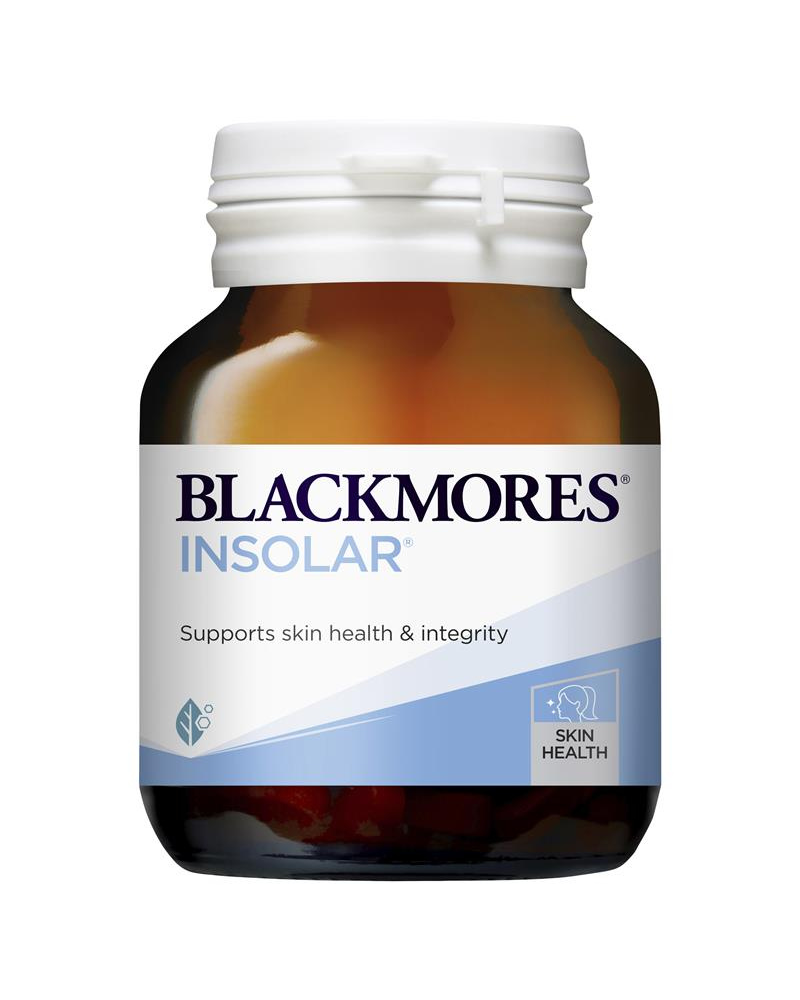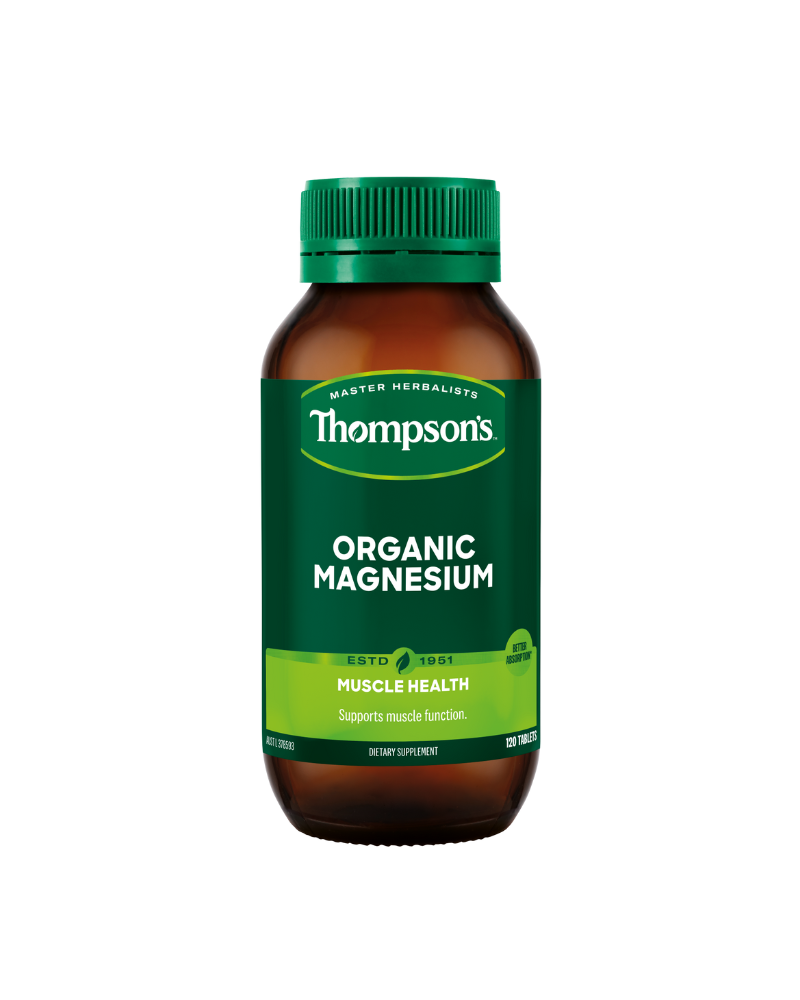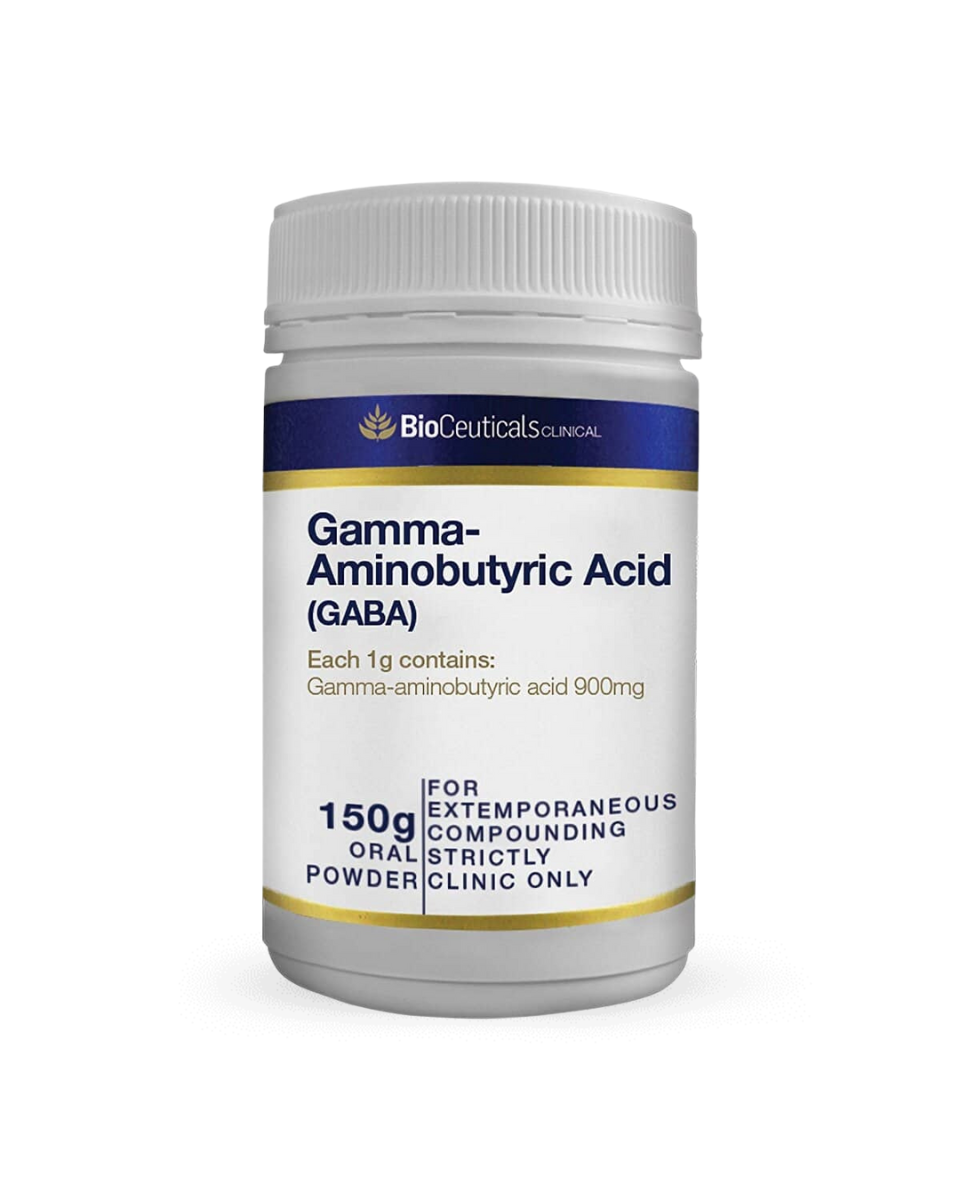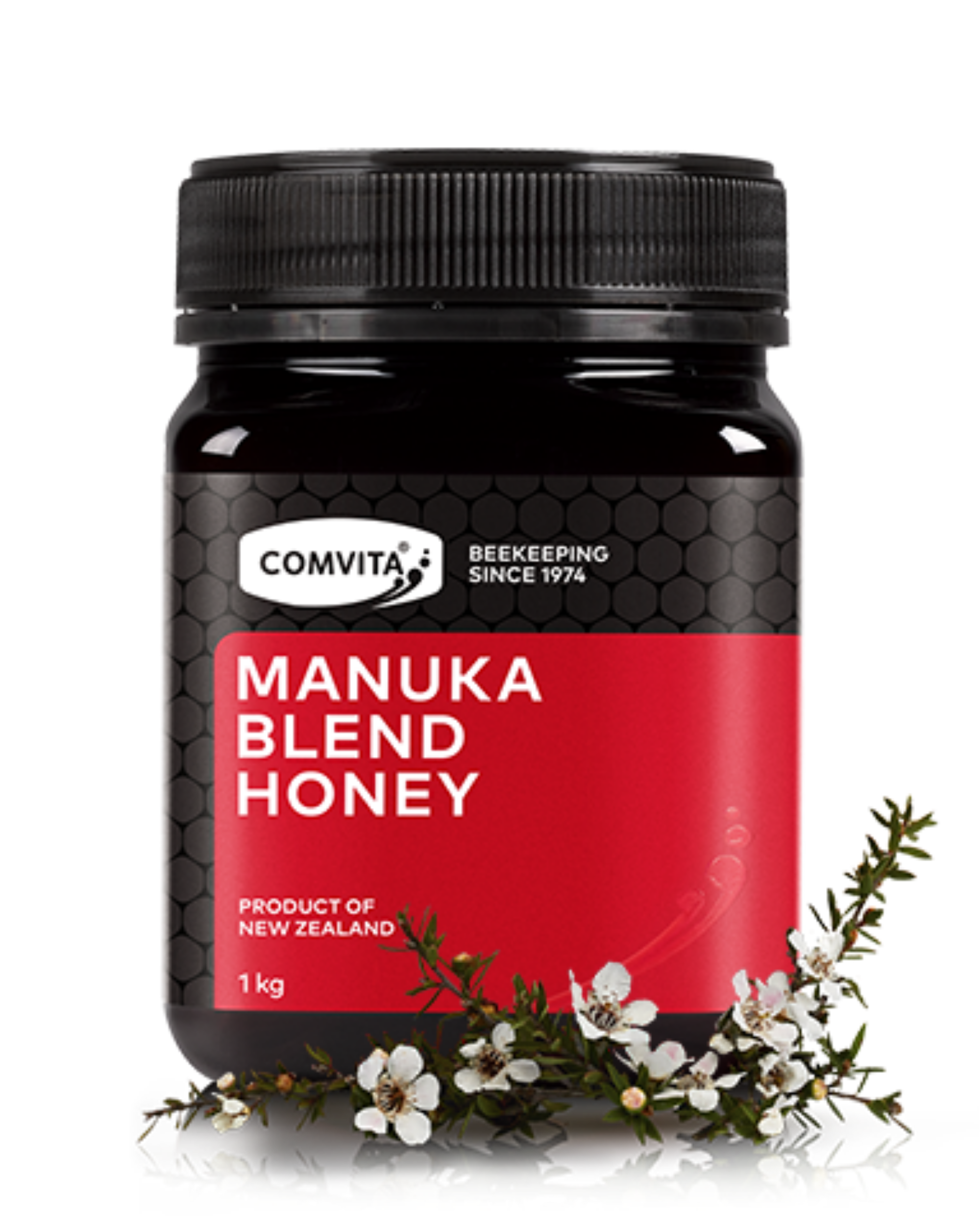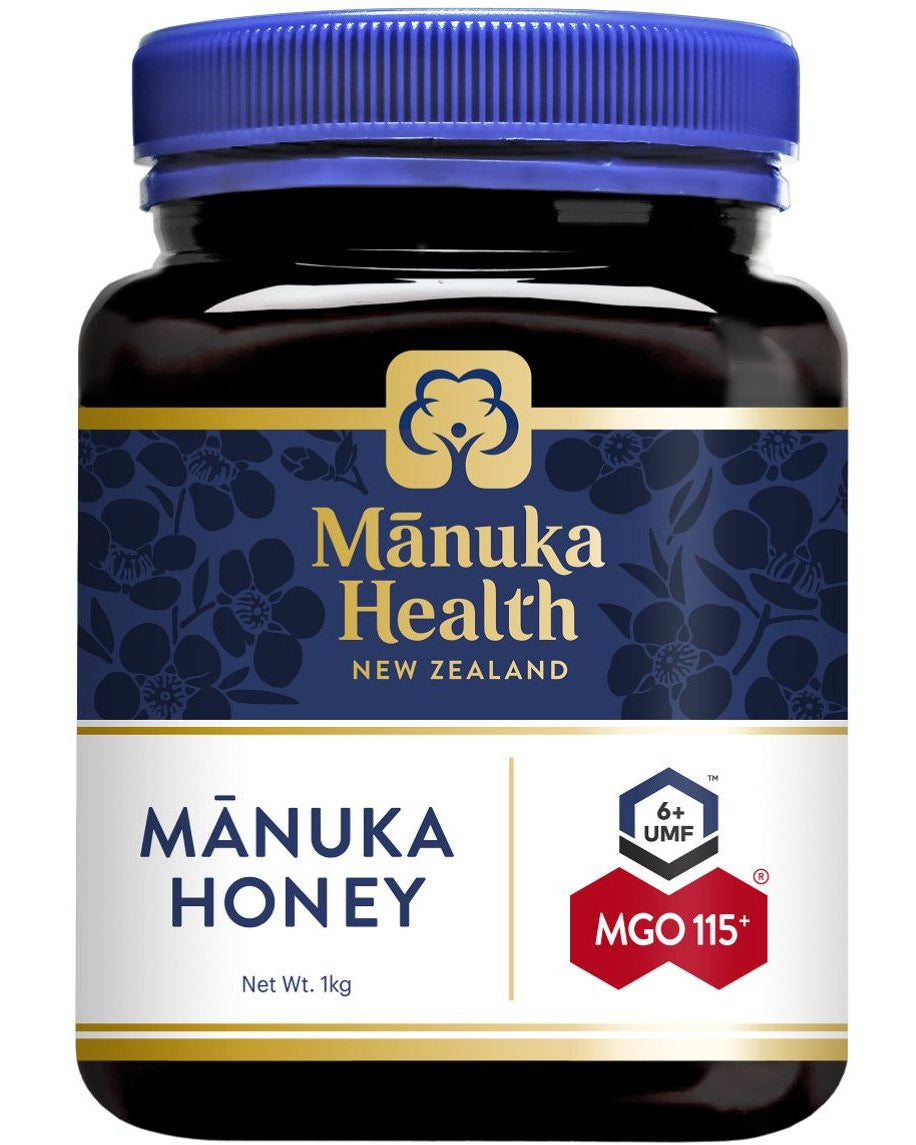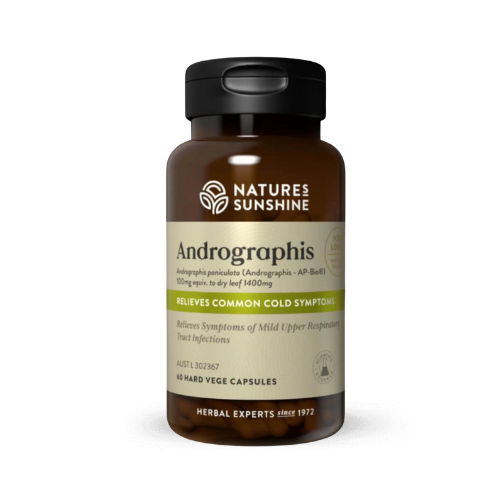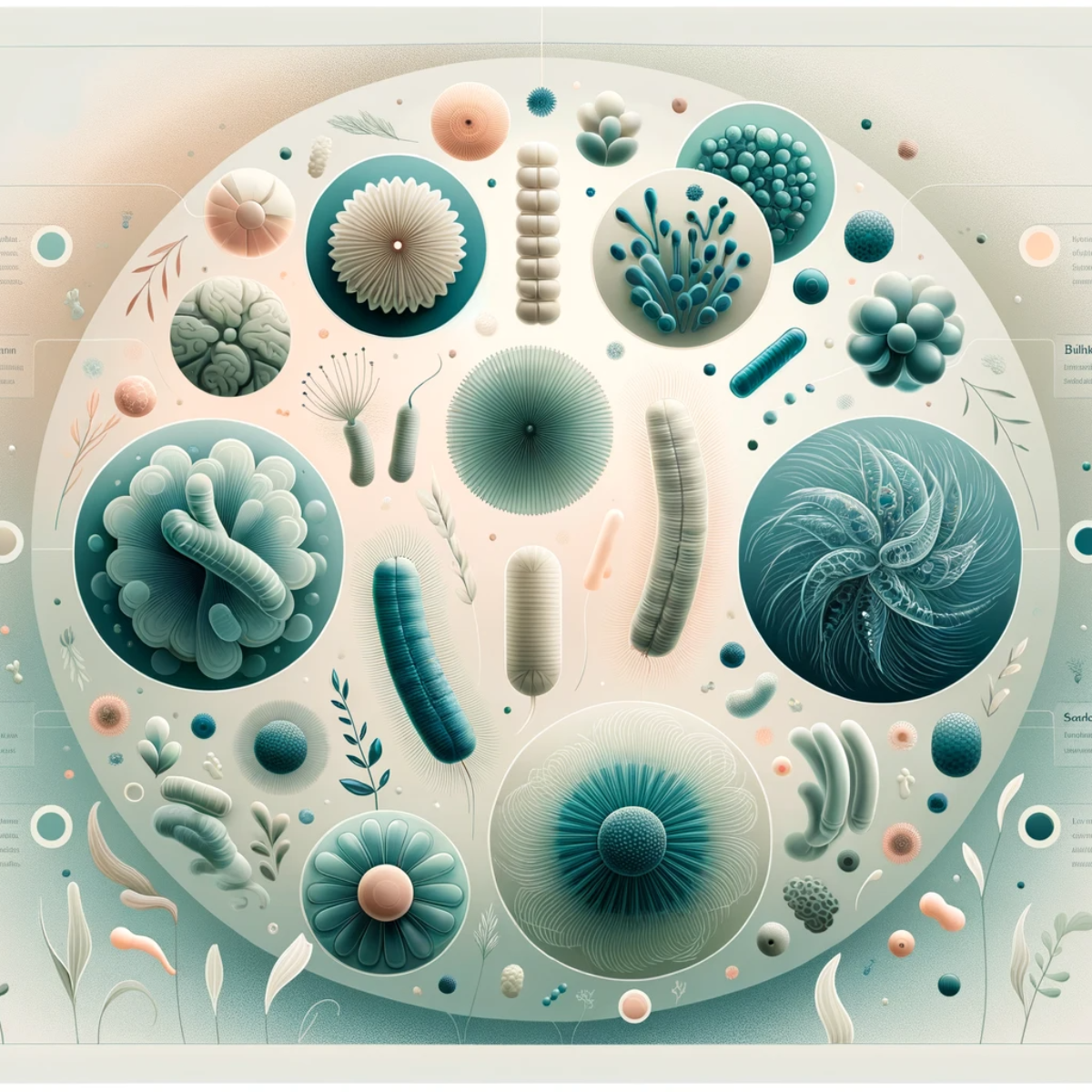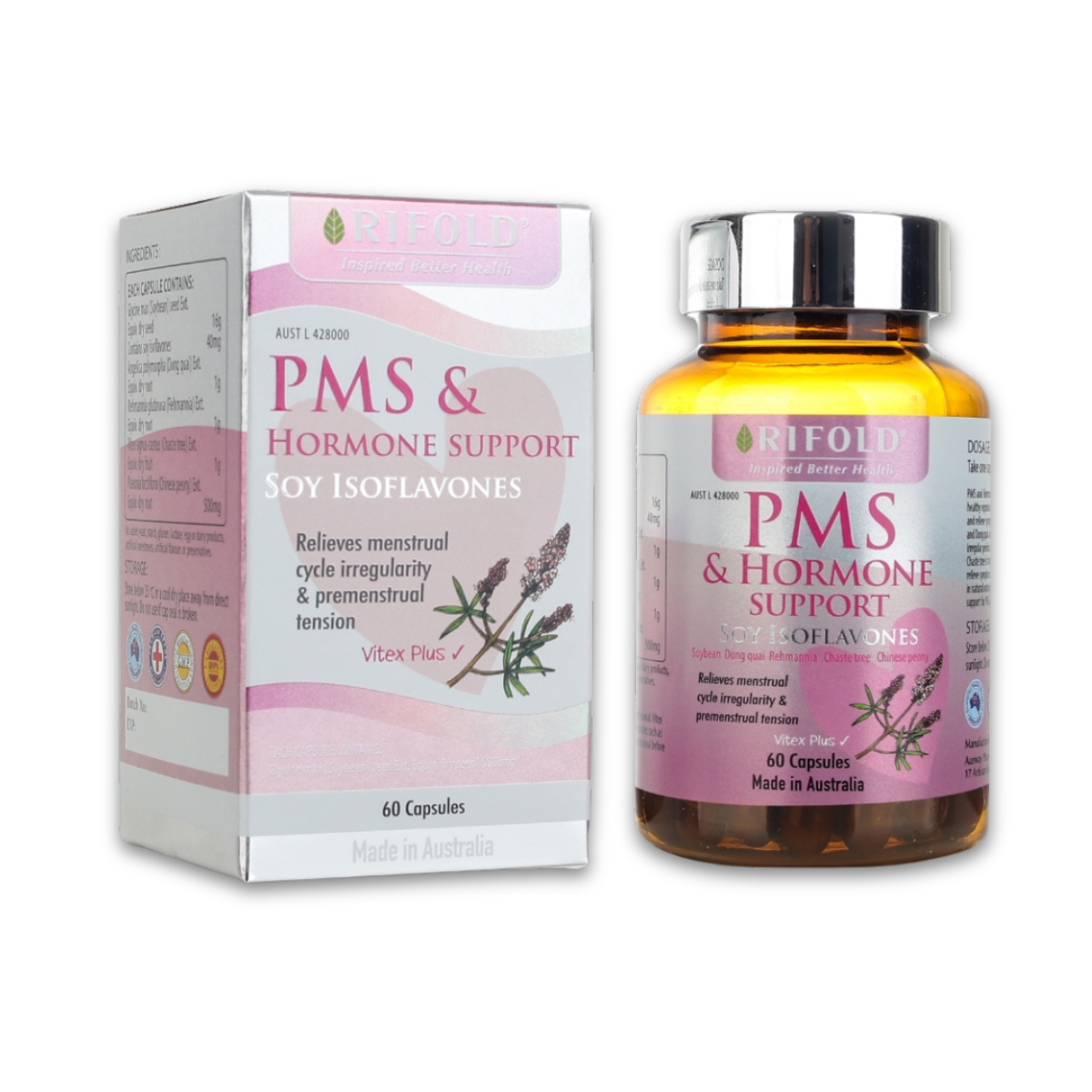Table of Contents
Introduction
Explore the relationship between coffee and gut health in 'Good Brew, Good Gut'. Unravel myths, discover health tips, and learn how to enjoy coffee without gut discomfort. From choosing the proper brew to the best times to sip, get the insights you need for a happy gut and a satisfied palate.
In the world of morning rituals and energy boosts, coffee holds a place of honour on the global stage. It's rich aroma and refreshing taste kick-start our day, but amidst the love affair many of us have with this beloved brew; there lies a swirling pool of myths concerning its impact on gut health. "Good Brew, Good Gut: Debunking Coffee Myths & Healthy Tips" is your compass in the vast coffee sea, aiming to navigate through misconceptions and steer towards the shores of truth and wellness. With an objective lens, we'll explore the actual effects of coffee on your digestive system, debunk widespread myths, and arm you with practical tips to enjoy your coffee in a way that harmonizes with your gut health. Whether you're a casual sipper or a coffee connoisseur, this guide will ensure your coffee habit is satisfying and gut-friendly.
The Surprising Benefits of Coffee for Gut Health
While coffee is often cast in a dubious light concerning digestive health, emerging research paints a more nuanced picture, revealing several surprising benefits of coffee for gut health. Far from being a simple morning pick-me-up, coffee contains a complex blend of bioactive compounds that can confer various health advantages, particularly for the gut.
Antioxidant Powerhouse
Coffee is a rich source of antioxidants, including chlorogenic acids and melanoidins, which are pivotal in reducing inflammation—one of the root causes of many gut issues. These antioxidants can help mitigate damage to the lining of the gastrointestinal tract, thereby supporting gut integrity and overall digestive health.
Reduced Risk of Gastrointestinal Diseases
Several studies have linked moderate coffee consumption with a decreased risk of developing certain gastrointestinal conditions. For instance, coffee's ability to stimulate bile production can aid digestion and has been associated with a lower risk of gallstone formation. Moreover, its antioxidant and anti-inflammatory properties may contribute to a reduced risk of liver diseases, including liver cancer and cirrhosis.
Promoting a Healthy Gut Microbiome
Recent research suggests that coffee also benefits the gut microbiome, the community of microorganisms in our digestive systems. The compounds in coffee can encourage the growth of beneficial gut bacteria, contributing to a balanced and healthy gut microbiome. This balance is crucial for digestion, nutrient absorption, and immune function.
Aiding Digestion
The natural laxative effect of coffee, primarily attributed to its caffeine content, can help some individuals maintain regular bowel movements. While this effect is not beneficial for everyone, it can contribute to a healthy digestive rhythm for those who do not experience adverse reactions.
Unravelling the Mystery: Why Coffee Sometimes Upsets the Stomach
In "Unravelling the Mystery: Why Coffee Sometimes Upsets the Stomach," we'll explore the common reasons behind the digestive discomfort some people experience with coffee. Despite its benefits, coffee only sometimes sits well with everyone, and understanding why can help mitigate these effects.
Coffee's Acidity
One of the primary reasons coffee can upset the stomach is its acidity. Coffee beans contain various acids, such as chlorogenic acid, that contribute to their signature flavour profile but can also irritate the stomach lining. This irritation can lead to gastric discomfort, especially for those sensitive to acidic foods.
Caffeine's Role
Caffeine, a central coffee component, stimulates stomach acid production. For individuals with conditions like gastroesophageal reflux disease (GERD) or ulcers, this increased acid production can exacerbate symptoms, causing discomfort and sometimes pain.
Laxative Effect
Coffee's natural laxative effect, primarily due to its caffeine content, can accelerate gastrointestinal motility, leading to an increased urge to defecate. While this can be beneficial for some, for others, it might cause diarrhea or discomfort, particularly in those with a sensitive digestive system.
The Impact on Digestive Hormones
Coffee can influence the secretion of certain hormones that regulate digestion, such as gastrin and cholecystokinin. These hormones increase the activity of the colon, which can, in some cases, lead to discomfort or an upset stomach.
Individual Sensitivity
Finally, individual sensitivity plays a significant role in how coffee affects the stomach. Factors like the speed of metabolism, underlying gastrointestinal conditions, and genetic predispositions can influence how one's body reacts to coffee.
Understanding the reasons behind coffee's potential to upset the stomach is crucial for those who love their brew but not the discomfort that sometimes comes with it. By recognizing these factors, coffee enthusiasts can make informed choices about their coffee consumption, minimizing adverse effects while still enjoying their favourite beverage.
Navigating Through Coffee Consumption: Do’s and Don’ts for Optimal Gut Health
"Navigating Through Coffee Consumption: Do's and Don'ts for Optimal Gut Health" offers practical advice to coffee enthusiasts on how to enjoy their beloved beverage without compromising their digestive well-being. By adhering to these guidelines, individuals can make informed decisions that align with their body's needs, ensuring a harmonious relationship between their coffee intake and gut health.
Don'ts
- Avoid Drinking on an Empty Stomach: Drinking coffee on an empty stomach can increase its acid content, impacting the stomach lining and potentially leading to irritation and discomfort.
- Wait to Drink Coffee After Waking: Cortisol, the body's stress hormone, is naturally higher in the morning. Drinking coffee when cortisol is peaking can exacerbate its effects and impact digestion.
- Opt for Decaf If Caffeine Is an Issue: Those sensitive to caffeine or dealing with high cortisol levels may find that decaffeinated coffee lessens gut irritation without sacrificing the ritual of a warm cup.
- Select High-Quality Coffee: Coffee free from pesticides, contaminants, and mycotoxins is less likely to irritate the gut. Choosing organic or third-party tested coffee can also affect how your body reacts.
- Don't Rely on Coffee for Energy: If underlying fatigue is an issue, it's essential to address the root cause rather than use coffee as a crutch, which can lead to overconsumption and digestive problems.
Do's
- Enjoy the Mood Boost: Coffee can enhance dopamine levels, offering a natural boost to your mood and energy levels without adversely affecting your gut when consumed in moderation.
- Choose Water-Processed Decaf: If you opt for decaffeinated coffee, selecting a water-processing brand can ensure you avoid chemicals that might irritate the gut.
- Limit Your Intake: Keeping coffee consumption to 2-4 cups a day can help minimize potential adverse effects on the gut, allowing you to enjoy its benefits responsibly.
- Listen to Your Body: Regularly assessing how coffee affects you personally—whether it enhances your well-being or contributes to discomfort—can guide you in adjusting your intake as needed.
By following these do's and don'ts, coffee lovers can continue to revel in their daily brew while maintaining gut health and overall well-being. Making minor adjustments based on these guidelines can lead to a more enjoyable and symptom-free coffee experience.
Gut Troubles? Coffee Might Not Be the Culprit
In "Gut Troubles? Coffee Might Not Be the Culprit," we delve into the myriad factors that impact gut health, emphasizing that while coffee consumption is often scrutinized, it's typically not the sole behind gastrointestinal issues. This section aims to broaden the perspective on gut health, encouraging readers to consider a more holistic view of their digestive well-being.
The Complexity of Gut Health
An intricate interplay of diet, lifestyle, genetics, and environmental factors influences gut health. Digestive discomfort can stem from various sources, including food sensitivities, imbalances in the gut microbiome, stress, inadequate sleep, and a sedentary lifestyle. These elements can collectively or individually impact gut health, leading to symptoms often mistakenly attributed solely to coffee consumption.
Identifying Other Culprits
Before cutting coffee out of your routine, conducting a broader assessment of your daily habits and diet is worthwhile. Processed foods, high sugar intake, lack of fibre, and insufficient hydration can all contribute to gut issues. Similarly, stress and lack of sleep can exacerbate digestive problems, highlighting the need for a comprehensive approach to gut health that goes beyond dietary adjustments.
A Balanced Approach to Coffee and Diet
Rather than eliminating coffee outright, consider how it fits your overall dietary pattern and lifestyle. Moderation is essential, and pairing coffee with a balanced diet rich in fruits, vegetables, whole grains, and lean proteins can help mitigate potential adverse effects on the gut. Additionally, exploring other aspects of your lifestyle, such as increasing physical activity, managing stress, and ensuring adequate sleep, can profoundly impact digestive health.
Listening to Your Body
Understanding how your body responds to different foods and beverages, including coffee, is crucial. Individual tolerance varies greatly; what may be problematic for one person could be fine for another. Keeping a food diary or working with a healthcare professional can help identify triggers and tailor a personalized approach to diet and lifestyle that supports optimal gut health.
Finding Your Balance
Remember, when it comes to coffee and gut health, there's no one-size-fits-all answer. Personal experimentation and moderation are your best tools. Pay attention to how your body responds to coffee—adjusting the type, timing, and quantity of your intake accordingly. By tuning into your body's signals and making adjustments as needed, you can enjoy the benefits of coffee without compromising your gut health.
Support Your Gut Health Journey
For those looking to support their gut health further, exploring high-quality supplements can be a valuable addition to a balanced diet and healthy lifestyle. Products such as probiotics, prebiotics, and digestive enzymes have shown promise in supporting digestive health and ensuring a balanced gut microbiome.
Discover Products That Make a Difference: To explore supplements that complement your coffee routine and promote gut health, visit our curated selection Shop Gut Health Supplements. Each product is carefully selected based on quality, effectiveness, and scientific backing, ensuring you get the best support for your digestive wellness.
Remember, while supplements can offer benefits, they're most effective with a fibre-rich diet, plenty of hydration, and regular exercise. Always consult a healthcare professional before introducing a new supplement into your routine to ensure it aligns with your health needs and goals.
Conclusion
In "Good Brew, Good Gut," we've navigated the complex interplay between coffee and gut health, dispelling myths and laying a path for enjoying coffee without compromise. The takeaway is clear: moderation, quality, and mindfulness are key. Coffee can be part of a healthy lifestyle when consumed with attention to its effects on your body. Remember, gut health issues often stem from various factors, so consider your overall lifestyle when troubleshooting digestive discomfort. As you enjoy your coffee, consider the broader picture of health and well-being, making informed choices that suit your needs. Let your coffee ritual be a moment of pleasure that aligns with your journey toward optimal health.
Disclaimer:
This article is for informational purposes only and does not constitute medical advice. It is not intended to diagnose, treat, cure, or prevent any health problem. Always consult a healthcare professional before changing your diet, health routine, or treatment plan.

